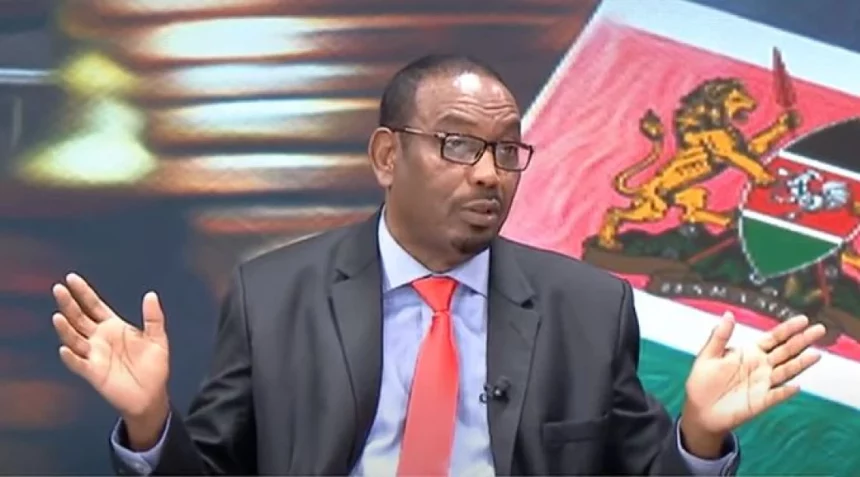Daadab Member of Parliament Farah Maalim has censured the government over what he terms mass wastage of government funds which is largely affecting the delivery of services to Kenyans.
According to the legislator, the government has terribly failed to tame money wastage as government institutions squander money through mass travel and meetings in posh hotels.
In an interview on Citizen TV’s Daybreak show on Tuesday, Maalim said that the government needs to install informed and disciplined structures to allow proper usage of money especially at a time when Kenyans are being taxed to the bone.
“We have to curb travel by all arms of government. The billions we spend on travels…the President travelled to New York the other day how many people went with him,” said Maalim.
“Wherever we go there is so much wastage you cannot imagine. Counties are doing benchmarking and sending people outside the country. What do you need to benchmark and spend millions of shillings on three/four people.”
He intimated that Members of Parliament end up having meetings in five-star hotels instead of convening in parliament buildings simply because of a poorly done job in facelifting the rooms.
“I was talking to a friend the other day and said why don’t we do our meetings in parliament rooms. When I leave here I am going to one of the big 5-star hotels to chair a meeting of my committee,” he noted.
“One of the reasons is because the tall building you see there, there is a contractor who did not get it right. He did not do a good job in maintaining the timelines that were there. It’s not yet ready for use.”
The political veteran castigated counties over their irresponsible use of funds, which he termed as ‘dens of corruption’, arguing that there is a countless number of ghost workers benefitting salaries which can be of better use to citizens.
“There was no rationalization in the recruitment policies of almost all counties in the country. People earn salaries and do nothing. Most of them are in Nairobi there are even some who live outside the country,” he noted.
He therefore proposed that all corruption loopholes should be sealed in the counties, including weeding out the ghost workers, and channeling the larger share of funds towards development.
“Maintain not more that 25% in the recurrent expenditure and the rest of if should be delivery in terms of development.”



